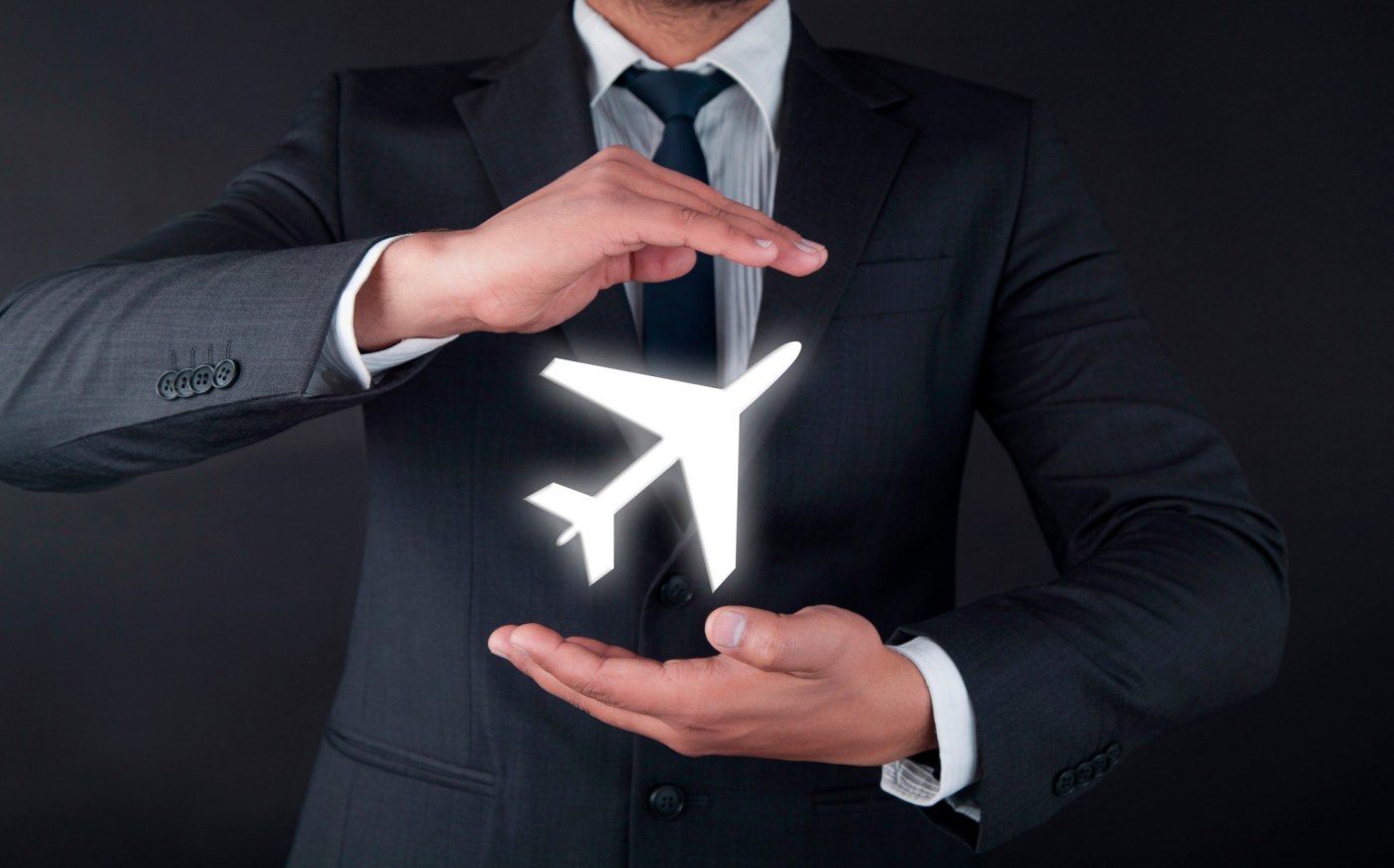With the intensification of the automobile industries in the 50s and 60s, the Brazilian government started to invest in highway construction to connect the whole country to the main ports. As a result, road transport has gained momentum and is considered the main modal to this day. For this reason, using this means of transport to take cargo to neighboring countries is a valid and widely used alternative.
This is due to the Brazilian geographic space, which allowed the construction of highways. Brazil has agreements with several countries in South America, but what governs them all is known as International Southern Cone Agreement, which later Mercosur also joined.
When talking about international road transport, we have to understand some basic rules for this type of modal variation, such as the legislation of the destination country and, mainly, the documents necessary for the transport of cargo to happen. In this article we will present and explain everything you need to know to transport cargo to countries that border or are close to Brazil. Good reading!
Advantages and disadvantages of international road transport
One of benefits it has to do, precisely, with the large number of highways that we have connecting all over the country and with the countries that border Brazil.
The highways reach cities that are neither on the coast nor located near rivers. In addition, it is less costly than air transport, which is generally used to transport high-value cargo, controlled cargo just in time.
As disadvantages can be pointed out the infrastructure of the highways, which must always be in maintenance, and consequently generates costs for the taxpayer. Another important factor is the impossibility of transporting large quantities of goods, regardless of the fact that cargoes are more susceptible to theft.
The legislation of the country of destination of the goods
Despite having an agreement that standardizes the transport of cargo between the countries of the Southern Cone and Mercosur, each country has specific legislation that deserves attention so that its cargo reaches its destination perfectly.
Brazil has agreements determined by decrees with Mercosur, Venezuela, Guyana and France (due to French Guyana being an overseas region of France). In addition to the decrees, two more resolutions, created by ANTT (National Land Transport Agency), constitute the legislation that contemplates this type of modal.
Documents required for international transport
There are many documents required for transportation, but among them there are basic three.
CRT (Bill of Lading)
It is responsible for identifying the goods, specifies the necessary data for the transport to take place, such as information about the goods, name of the recipient and who will load the cargo, the locations of both origin and destination, in addition to the truck release point. and the date of delivery of the goods. All of this according to the legislation. This document must be issued by the carrier.
MIC (International Cargo Manifest)
Naturalizes for the nationality of the country that the cargo passes. Thus, if there is any unforeseen event, they are treated as a national product. For this, it is necessary to present this document at customs, as it is the one that allows the transport of the products.
MIC / DTA (International Cargo Manifest and Customs Transit Declaration)
In this case, the MIC is integrated into the Customs Transit Declaration. The DTA is a document of customs authorization in which the merchandise transits between countries, however, it maintains its nationality of origin and is treated as an international cargo. This type of modality reduces storage costs and time related to bureaucracy at the Interior Customs Station, compared to ports.
In this article we present the requirements for international road transport to be carried out within the established rules. In this way, it is possible to avoid penalties from inspection bodies.
Now that you already know what international road transport is and the necessary documents, like our page on Facebook!






